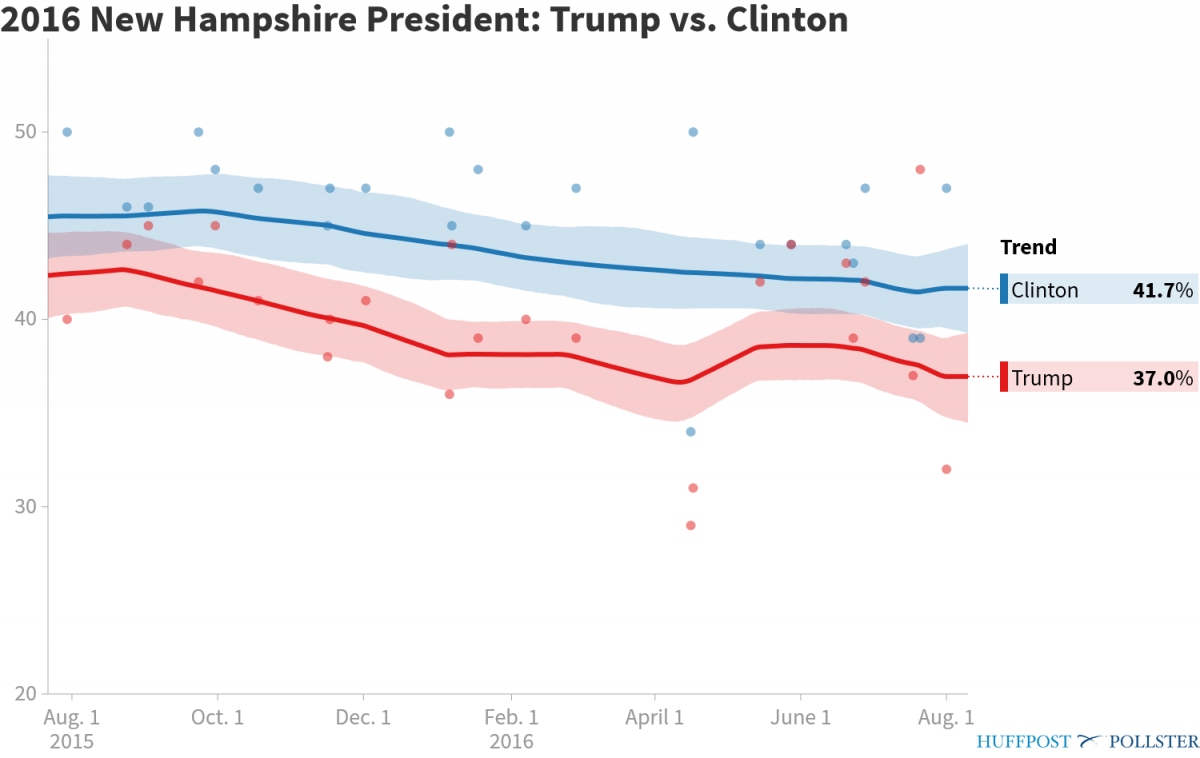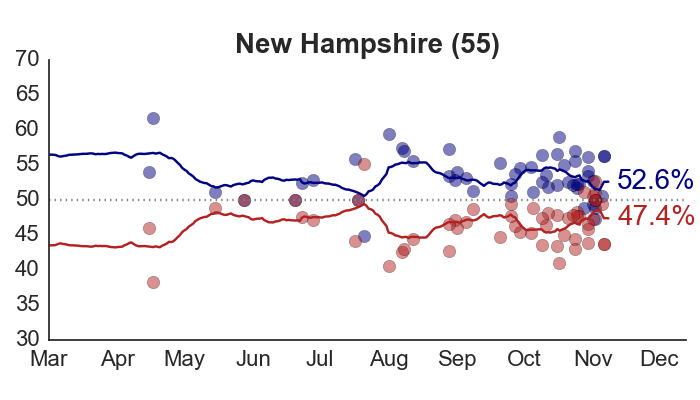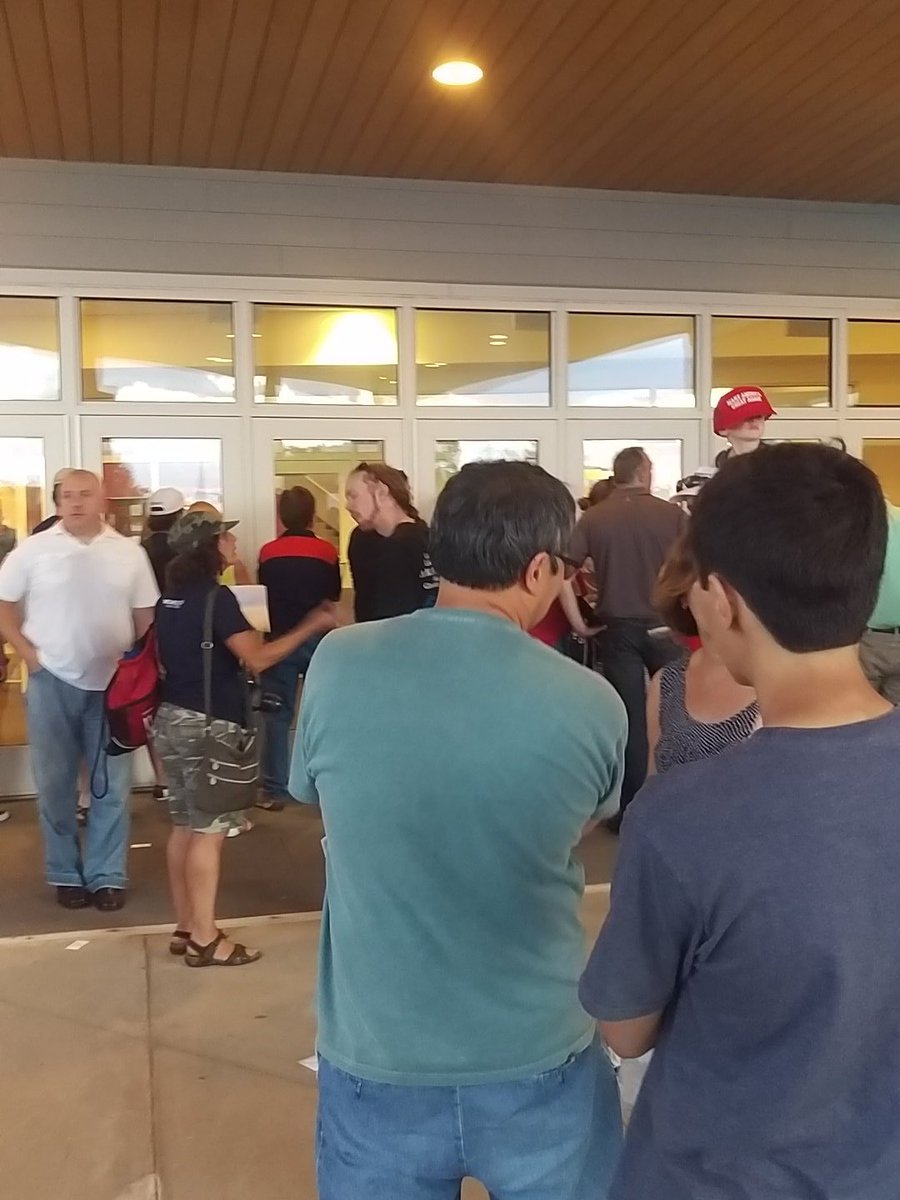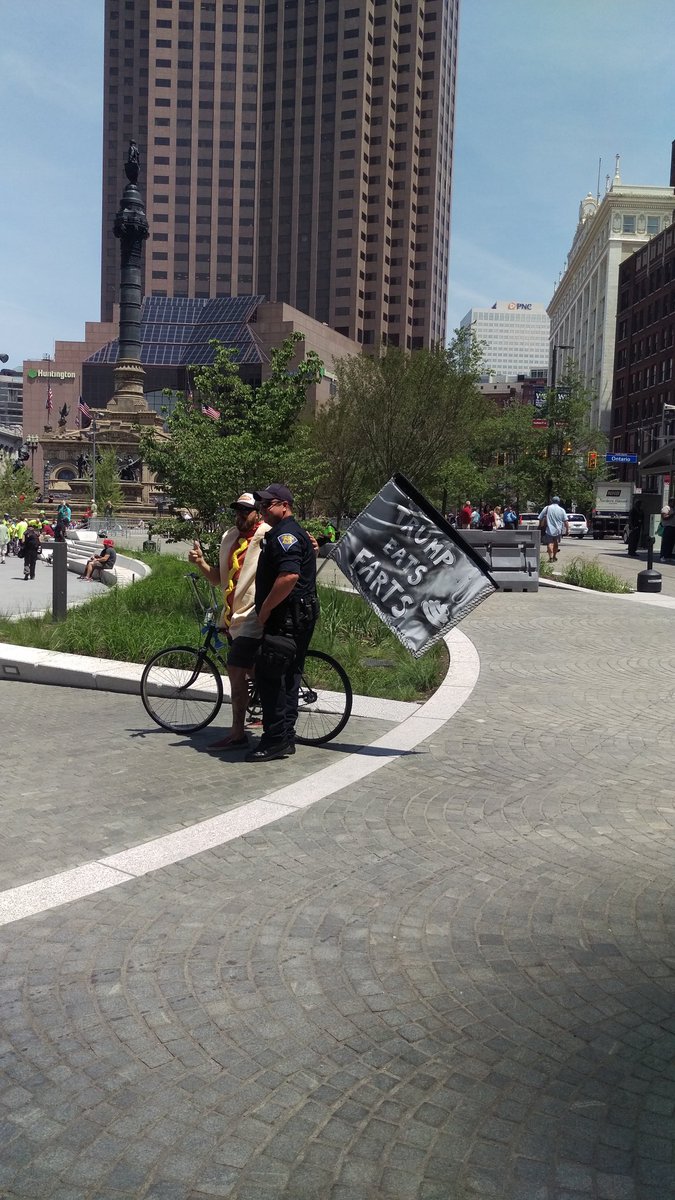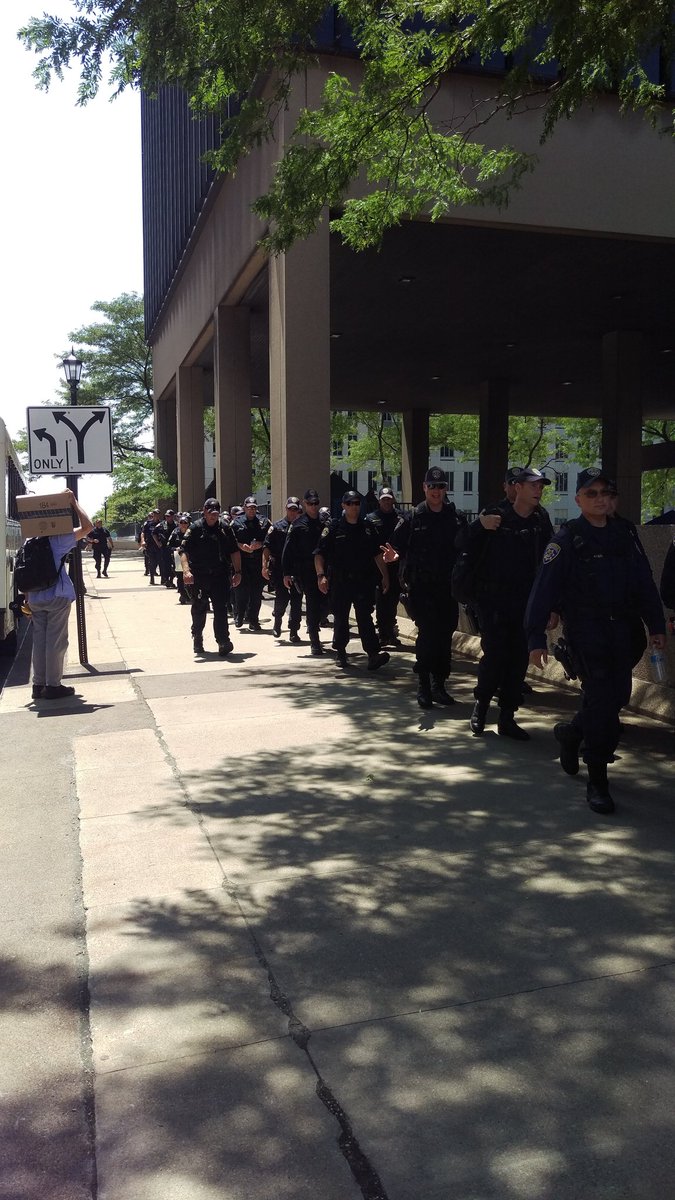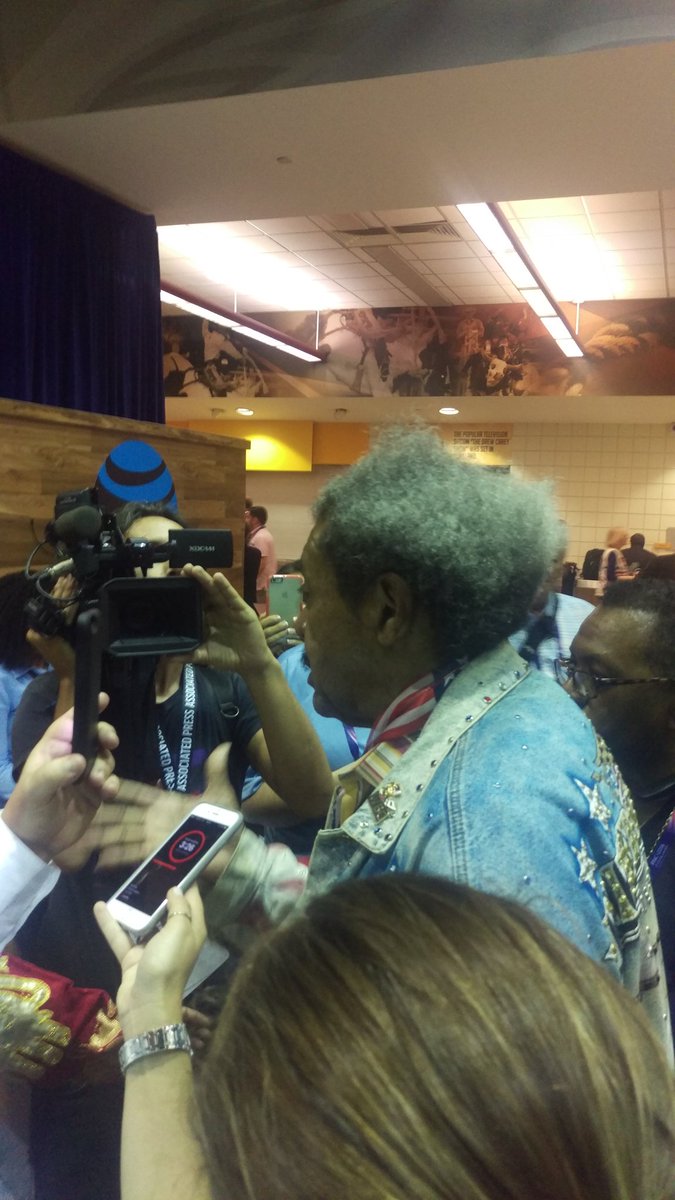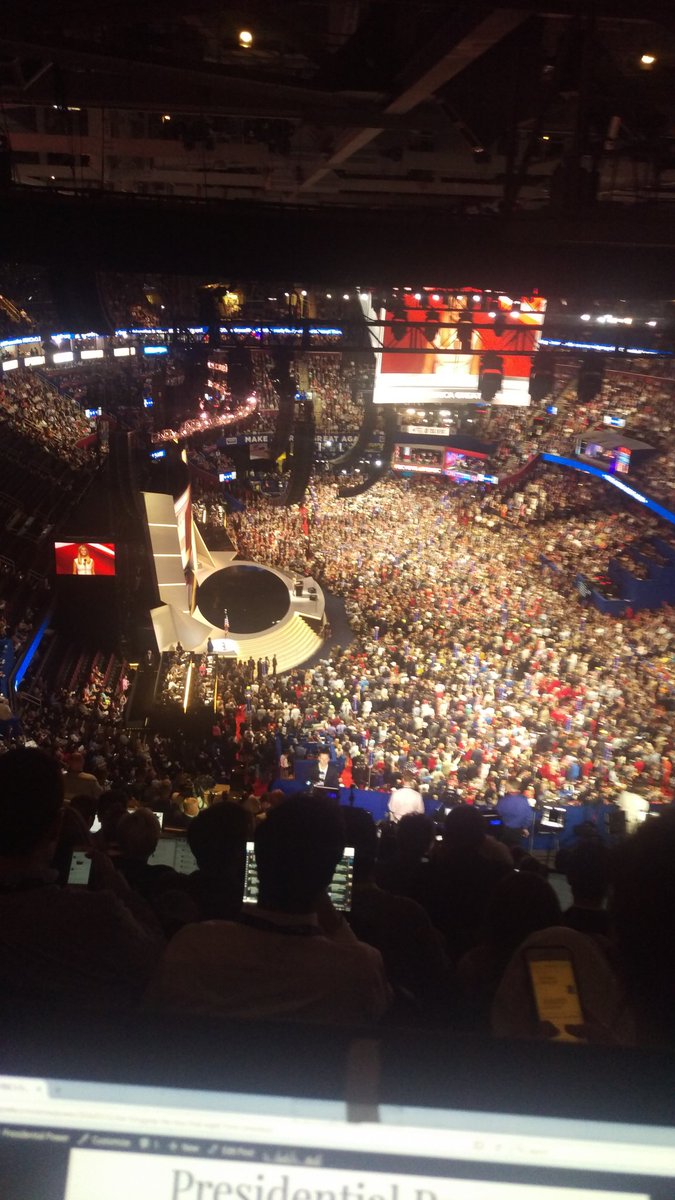For most of this fall in my election talks, I have argued that the most plausible road to victory for Donald Trump runs through New Hampshire. Others seem to agree as, apparently, does Trump; media reports indicate he is scheduled to spend election eve in Manchester, at the Southern New Hampshire University arena which is where he held a massive rally on the night of his New Hampshire primary victory. The Clinton team is countering with President Obama, who will also be in New Hampshire on Monday night, while Clinton will come to New Hampshire on Sunday. My mostly Clinton-leaning audiences here in Vermont have usually found my talks reassuring, since polls consistently showed Clinton ahead in the Granite state by comfortable margins. Thus just five days ago the RCP polling average had Clinton holding a comfortable 5% lead in New Hampshire. And then the polling bottom fell out for Clinton. In the five polls in the field since Oct. 28 (that include Gary Johnson and Jill Stein), Trump is ahead in three, and is tied with Clinton in two others, pushing him ahead in the RCP poll in New Hampshire by 1.6% – a drop of almost 7% in Clinton’s support in less than a week. (I should note that Drew Linzer’s site, which aggregates polls in a way that makes the results less sensitive to recent polls) still gives Clinton a very strong probability of winning New Hampshire.) Trump’s polling surge has prompted (mostly panicked) Clinton supporters to email me asking whether this means Trump’s odds for winning the election have significantly increased, since I spent so much time explaining the importance of winning New Hampshire for him.
The short answer is no. Linzer, whose state-level polling-based forecasts proved to be the gold standard in 2012 and again in 2014, currently has Trump’s probability of winning the presidential election at 10% – only about 4% better than before Trump’s surge (if polls are accurate) in New Hampshire. Before explaining why Trump’s NH surge isn’t enough to appreciably improve his election chances, it’s worth exploring why he’s doing so well in my neighboring state. Long-time readers will remember that I spent considerable time at Trump rallies in New Hampshire (I attended three there), exploring the reasons why New Hampshire voters were supporting The Donald. As I noted in an earlier post, “it quickly became clear that two themes dominated the thinking of Trump supporters. The first, expressed – unprompted by me – by every person I talked to, was economic anxiety. Interestingly, that anxiety was not directed so much at their own situation but toward that of their children, or others close to them.” Put most simply, New Hampshire voters expressed a strong belief that the American Dream was slipping away from their children. The second theme that emerged, and again I’ll quote from my earlier post, “was a deep antipathy toward Hillary Clinton. One man, in his early 40’s, told me he wasn’t voting for Trump as much as he was against Clinton. Almost to a person those I talked to expressed a fundamental belief that she could not be trusted. At one point in our conversation, the woman whose daughter is having twins lowered her voice to tell me, “I’m a Roman Catholic and a good Christian, but I just have to say this: that woman [Hillary Clinton] is evil.” For a more detailed glimpse of what Trump supporters believe, I urge you to read the full post. But my sense is that since those visits, stories regarding the increase in Obamacare premiums, and the steady drip-drip of Wikileaks that seemed to confirm their worst fears regarding Clinton’s honesty, have moved more voters into Trump’s column. It has probably helped that Trump has finally seemed to develop a coherent message highlighting those themes. Since my last trip to a New Hampshire Trump rally, he has visited the state twice more, and is now running television ads that directly address issues of Clinton’s trustworthiness, and economic anxiety.
Of course, not everyone accepted my analysis regarding what motivated Trump’s New Hampshire followers. Many readers responded by citing research by our colleagues (see, for example this) suggesting that the bulk of Trump’s support is motivated by racial resentment, and that in fact feelings of economic anxiety are themselves rooted in part by racism. For brevity’ sake, I’ll not repeat our exchange, except to note that I remain concerned that our efforts to measure “racial resentment” are sometimes tapping into more principled opposition, often expressed to me by Trump supporters in NH, against race-based policies. And, while I acknowledge that it is difficult to detect racial sentiments in direct conversations, my primitive efforts at social anthropology left me persuaded there was a lot more to Trump’s support than simple bigotry, at least among New Hampshire voters.
Be that as it may, the broader point is that we shouldn’t be surprised that Trump may have pulled ahead in New Hampshire – his campaign themes, as I found in my interviews there, resonated with a broad cross-section of New Hampshire voters. So, why doesn’t this improve his chances for winning the presidency? To understand why, it’s worth analyzing how analysts like Linzer construct their win probabilities. Remember that most state-level polls consistent of random samples of likely voters. Done properly, those surveys allow us estimate the range of probabilities regarding how the actual vote is distributed in each state, based on the poll. By using those probabilities to generate multiple possible outcomes across all states, analysts like Linzer can estimate the overall probability that a candidate will emerge as the winner. Simply put, when you look at the likelihood of each candidate winning particular states, there are a lot more paths for Clinton to get to 270 electoral votes (the minimum needed to win), based on current polling, than there are for Trump to do so. Or, to put it in the context of my talks, when I laid out the most probable path for Trump to win the presidency, I noted how important it was for him to win New Hampshire. However, I didn’t spend nearly as much time talking in depth about the many more combination of states by which Clinton could win – even if she lost New Hampshire.
So, under one scenario I discussed in my talks, Trump could eke out a victory by holding all the Romney states from 2012, and flipping five additional states as well as winning Maine’s 2nd congressional district. This scenario is not impossible, at least not according to current polling, but it requires Trump winning New Hampshire.
 But current polls also suggest that even as Trump pulls ahead in New Hampshire, he’s still behind in Nevada and probably Florida, and it’s not clear he can hold onto North Carolina – a state Romney won in 2012. Moreover, if you play out all the possible Electoral College scenarios in this way, which is what simulations are designed to do, the odds still heavily favor Clinton. She simply has more paths to victory. Trump, in contrast, has far fewer electoral options and thus has to hope all the key states break his way – an outcome that, while not impossible, is much more improbable.
But current polls also suggest that even as Trump pulls ahead in New Hampshire, he’s still behind in Nevada and probably Florida, and it’s not clear he can hold onto North Carolina – a state Romney won in 2012. Moreover, if you play out all the possible Electoral College scenarios in this way, which is what simulations are designed to do, the odds still heavily favor Clinton. She simply has more paths to victory. Trump, in contrast, has far fewer electoral options and thus has to hope all the key states break his way – an outcome that, while not impossible, is much more improbable.
As I noted in my last post, history suggested all along that this race would tighten in the final week as Republicans who expressed skepticism about Trump’s candidacy came home to the partisan roost most familiar to them, twitter talk about landslides notwithstanding. But don’t let this tightening blind you to the Electoral College math which, based on polling at this point three days out, still strongly favors Clinton.

